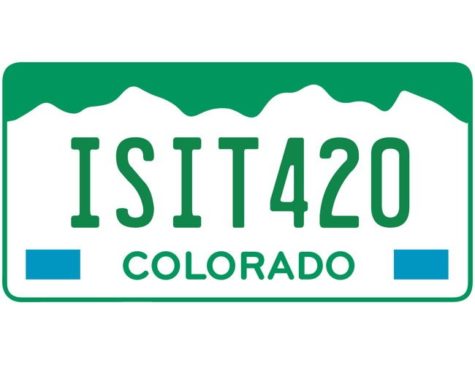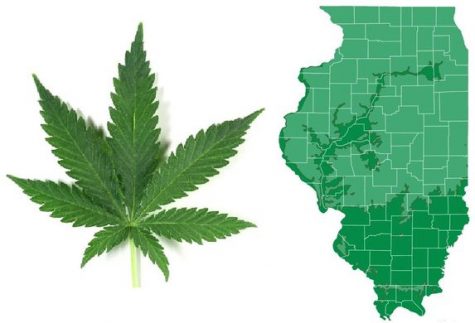Vermont governor demands saliva testing be part of cannabis regulations
Thor Benson / Cannabis News Box Contributor
Vermont’s governor is demanding that saliva testing for possibly high drivers be part of cannabis regulations being debated by the state’s legislature. Gov. Phil Scott has declared he won’t sign any bill that does not include this provision.
“I think we need some sort of a saliva test at least to detect THC unless there’s something else out there that I’m missing,” said Scott.
Vermont lawmakers are clearly concerned with the possibility that Vermont residents might drive after consuming too much THC, but advocates in the state warn that this route could be the wrong way to go.
“Saliva testing is extremely problematic. Currently, saliva tests can only be used to demonstrate the presence of THC in a person’s body,” Laura Subin, director of the Vermont Coalition to Regulate Marijuana, told Cannabis News Box. “It can not tell us anything about current impairment. Because of the way in which cannabis is metabolized, it can remain present in oral fluids for days or even weeks after someone has consumed cannabis.”
Someone testing positive for THC in their saliva might be a medical cannabis user who consumer cannabis hours ago and is no longer impaired. This could mean medical cannabis users, and regular social use users, would essentially be unable to drive without risking a DUI.
“Any impaired driving on Vermont roads is a major concern,” Subin said. “However, data indicates that cannabis-related traffic incidents are dwarfed by alcohol-related incidents and distracted driving. There is also no reliable data indicating that cannabis-related traffic incidents have increased since legalization in Vermont or even since decriminalization in 2013.”
Subin said cannabis regulations are moving through the legislature and that things look promising, but it’s unclear if the governor’s demands will harm the process. Though advocates share his concerns when it comes to people driving high, they don’t feel it will become a major problem, and they want to make sure the science is behind any efforts that are made to decrease the number of people driving high.
“The harms associated with cannabis and the policies designed to address them need to be based on reliable data and real science and in the context of their relative seriousness in relation to other public health and safety concerns,” Subin said.
Accurately testing if someone is too high to drive is a problem for states across the country. Because cannabis doesn’t metabolize like alcohol, there isn’t a test that can define someone’s level of intoxication as easily. In the meantime, advocates are hoping lawmakers won’t just go with whatever tests are currently available, even if they’re not accurate.












